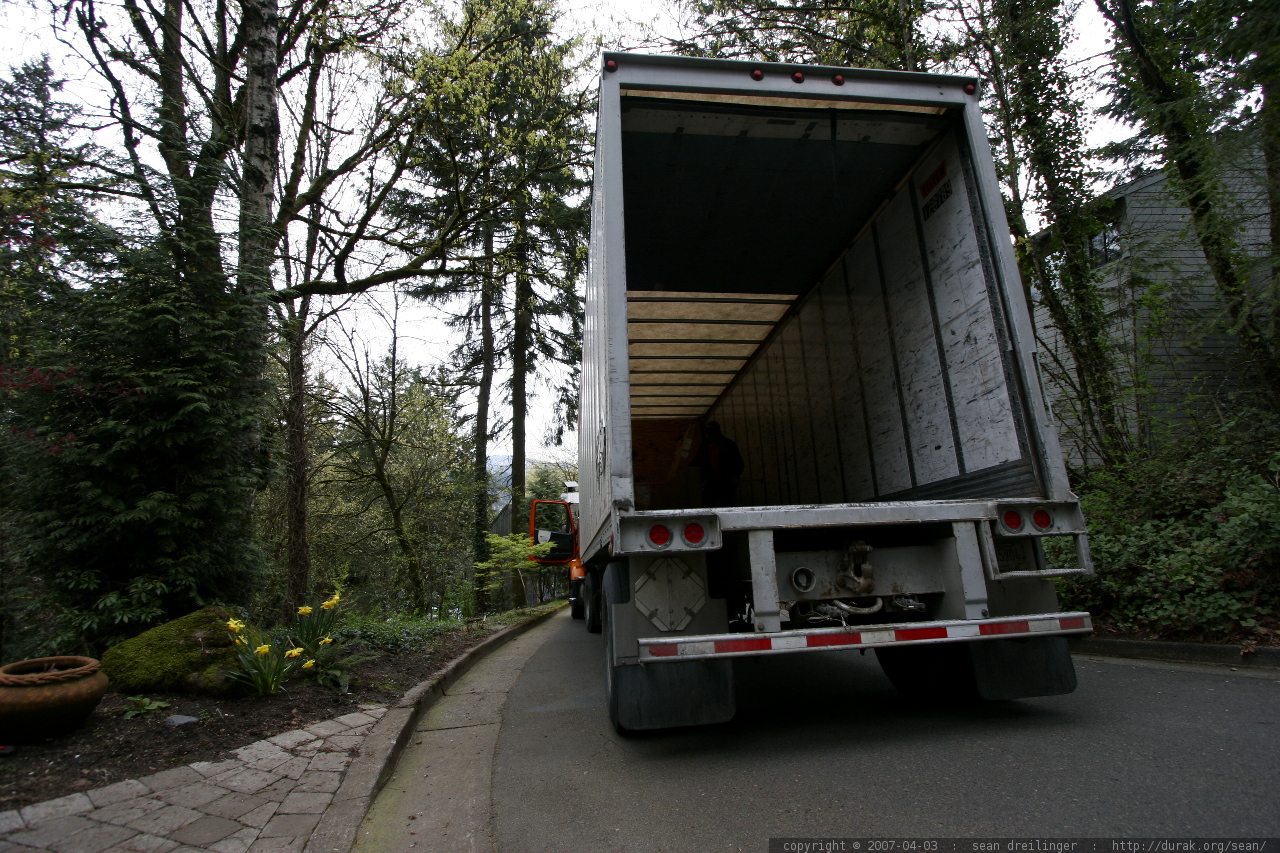What does LTL mean in Freight Shipping?
LTL is an acronym for “less than truckload”, and refers to freight shipments that – as you might expect – do not fill an entire truck on their own. In contrast with FTL, or “full truckload”, shipments, LTL rates are calculated not simply by the size of the delivery vehicle, but primarily by a combination of cargo size and weight. LTL can be an excellent and economical choice for businesses that ship in low volumes, especially those whose products are rather small in size.
The LTL Shipping Process
Though the greatest determiner in calculating LTL costs is the percentage of truck space filled by the shipment, additional factors including density and handling restrictions play a role as well. Once these are identified, rates are determined with the standards set by the National Motor Freight Traffic Association (NMFTA). Although it’s generally the cheaper option, note that LTL shipping can take longer than FTL, due to the nature of loading a number of different products efficiently, and the need to coordinate multiple pick-up and delivery locations from the same vehicle. As FTL loads usually mean one shipment, one pick-up, and one destination, potential LTL customers in a rush may desire the speed and efficiency of a dedicated truck.
Types of LTL
As per the US Department of Transportation Federal Highway Administration, there are two basic types of LTL transportation services.
- Regional LTL: Regional LTL services are those dealing with short-term transport of goods, often within the same state or geographic region. In regional hauls, the origin of the shipment and its final delivery destination are generally within ~150 miles of each other.
- National LTL: National LTL carriers offer long-haul services – those not covered by the regional LTL umbrella – which often hit average shipping lengthsupwards of 1,000 miles. Such companies may use relays and other teams to successfully complete LTL shipments.
Note that these numbers are merely estimates – the distinction between “regional” and “national” is not set in stone, and may vary slightly from carrier to carrier.
Regardless of the distance you need to cover, it’s important to choose a reputable carrier for your LTL shipment. Seek out service providers with competitive rates, speedy transport, and state-of-the-art, well-maintained terminals. Your cargo is valuable – ensure a safe and efficient delivery process.
Need more information, or a quote for your LTL shipment? Contact BondedService today.


